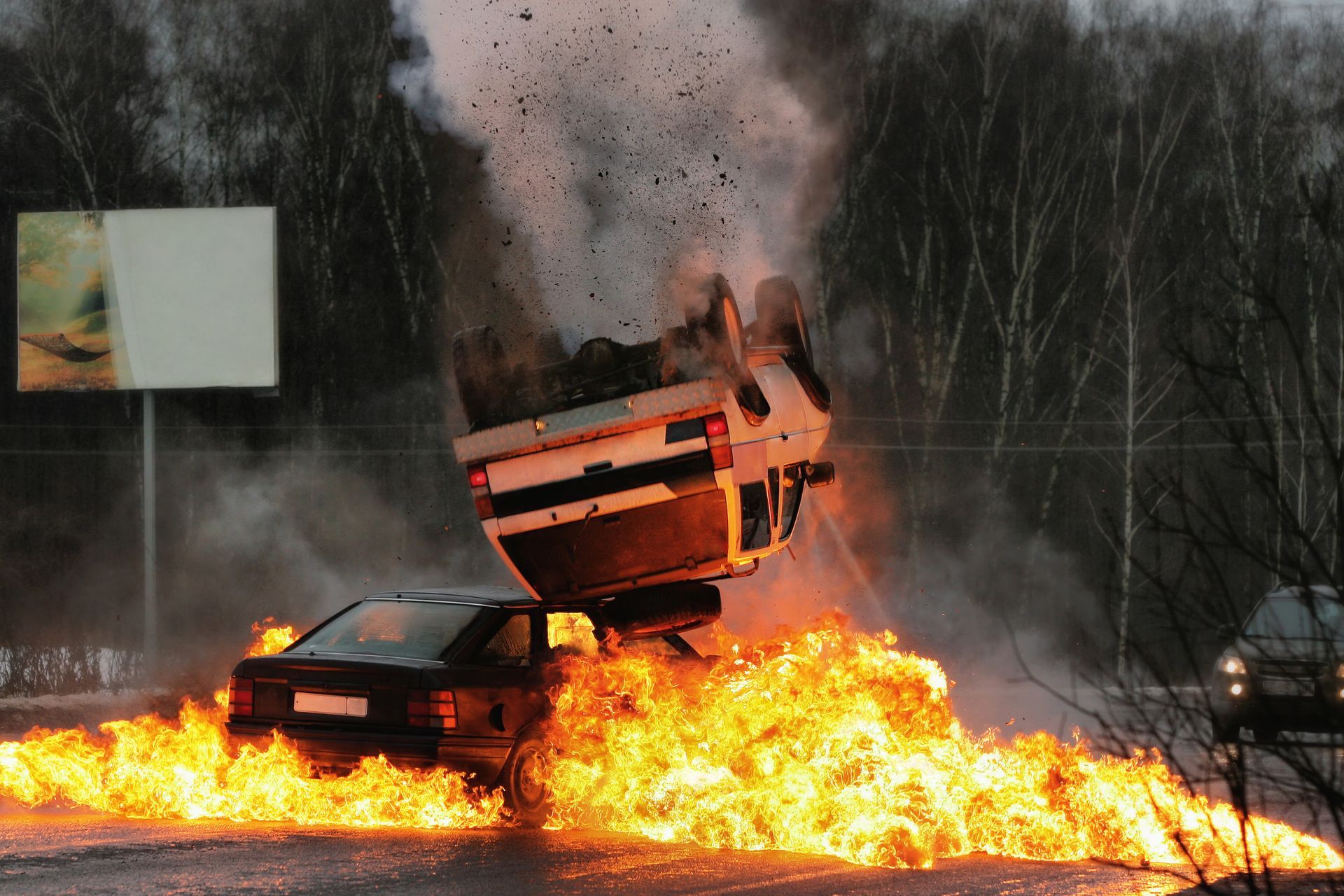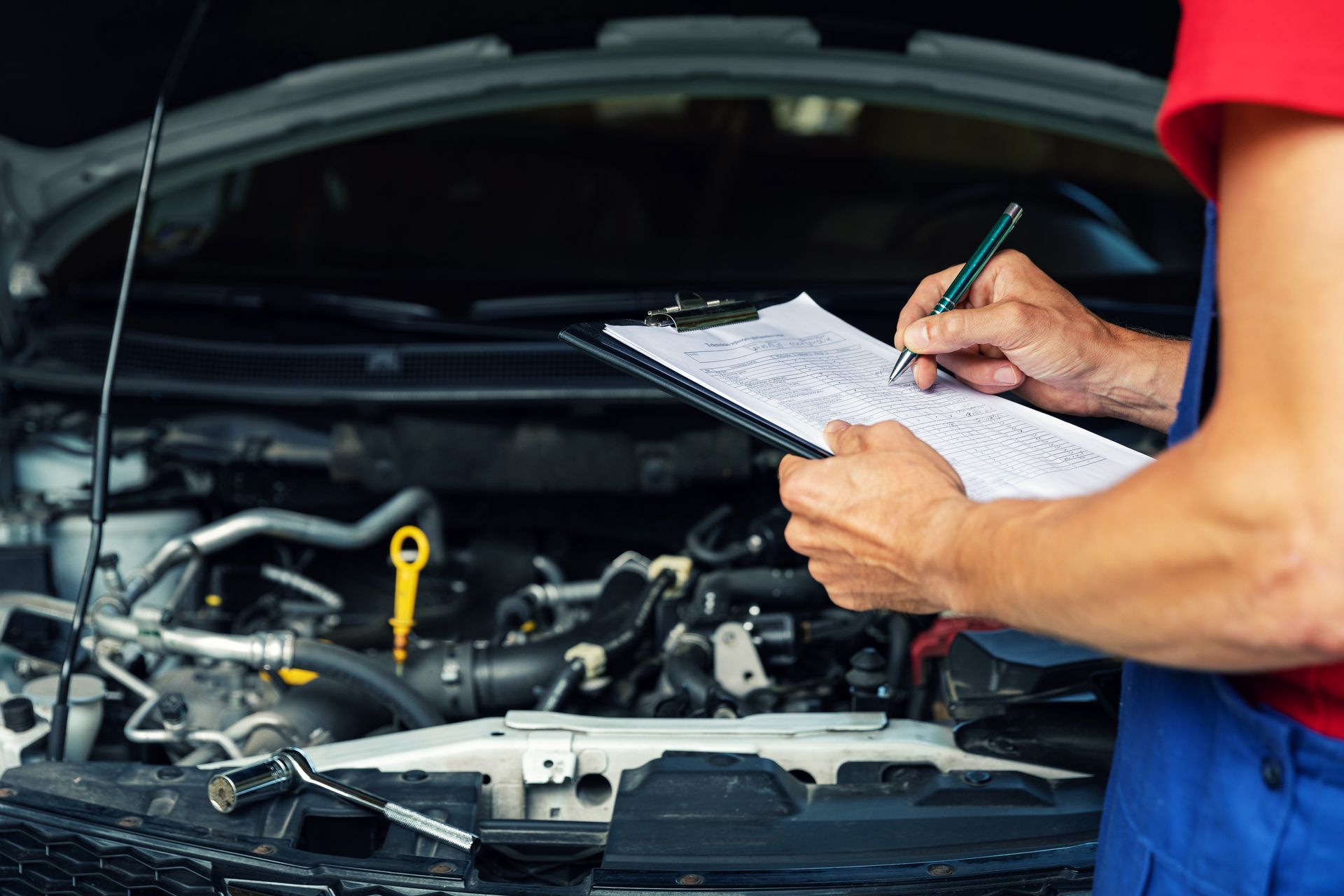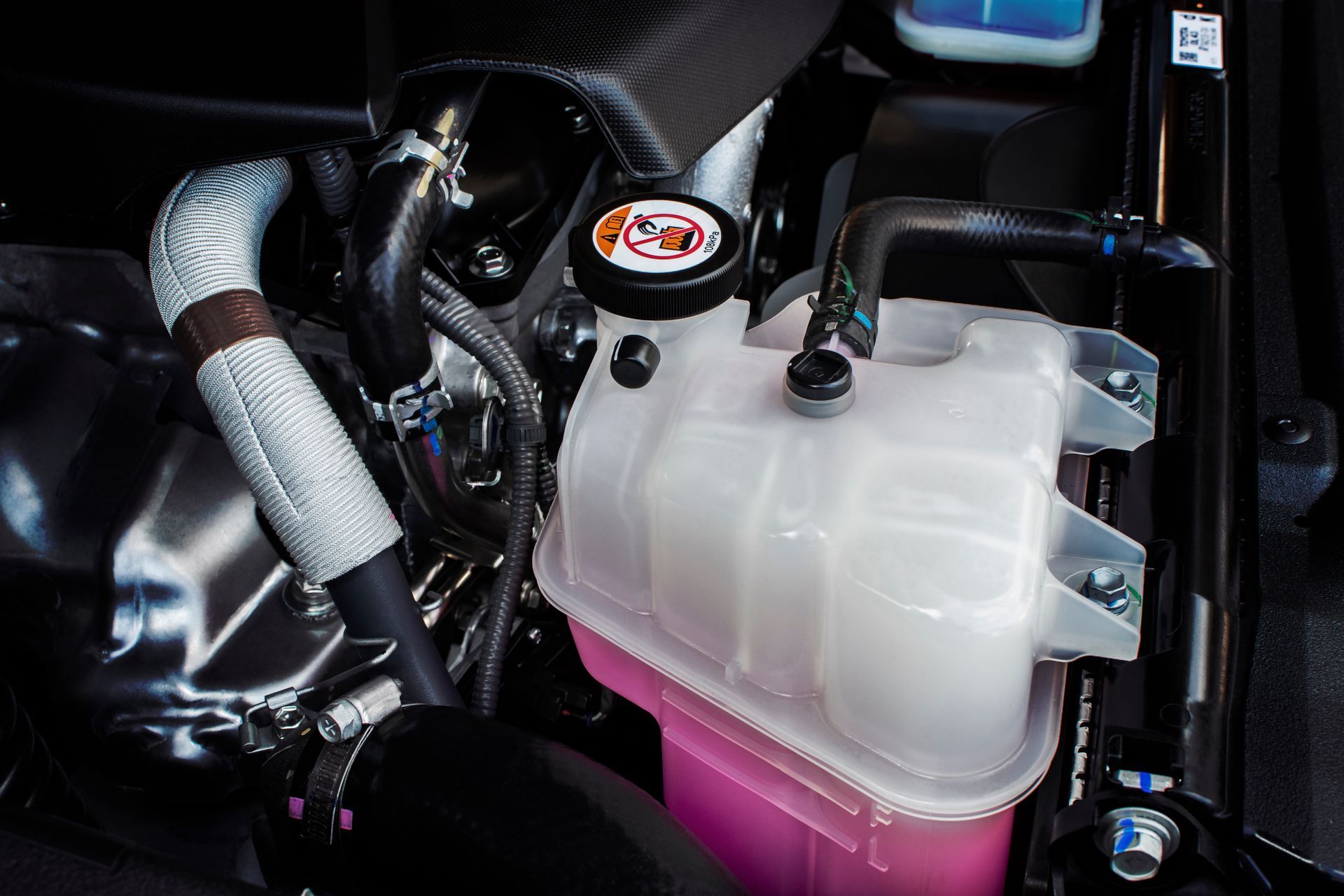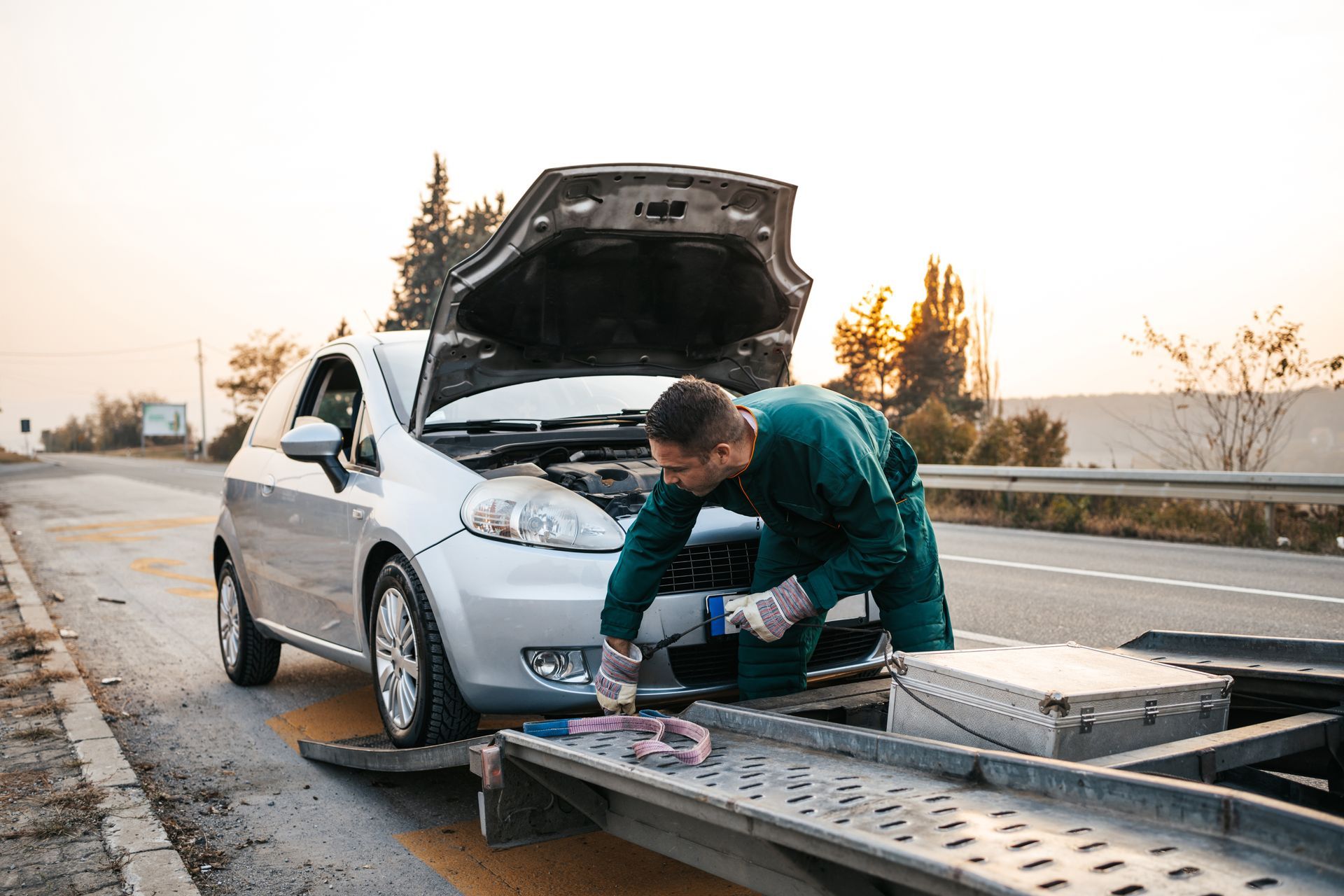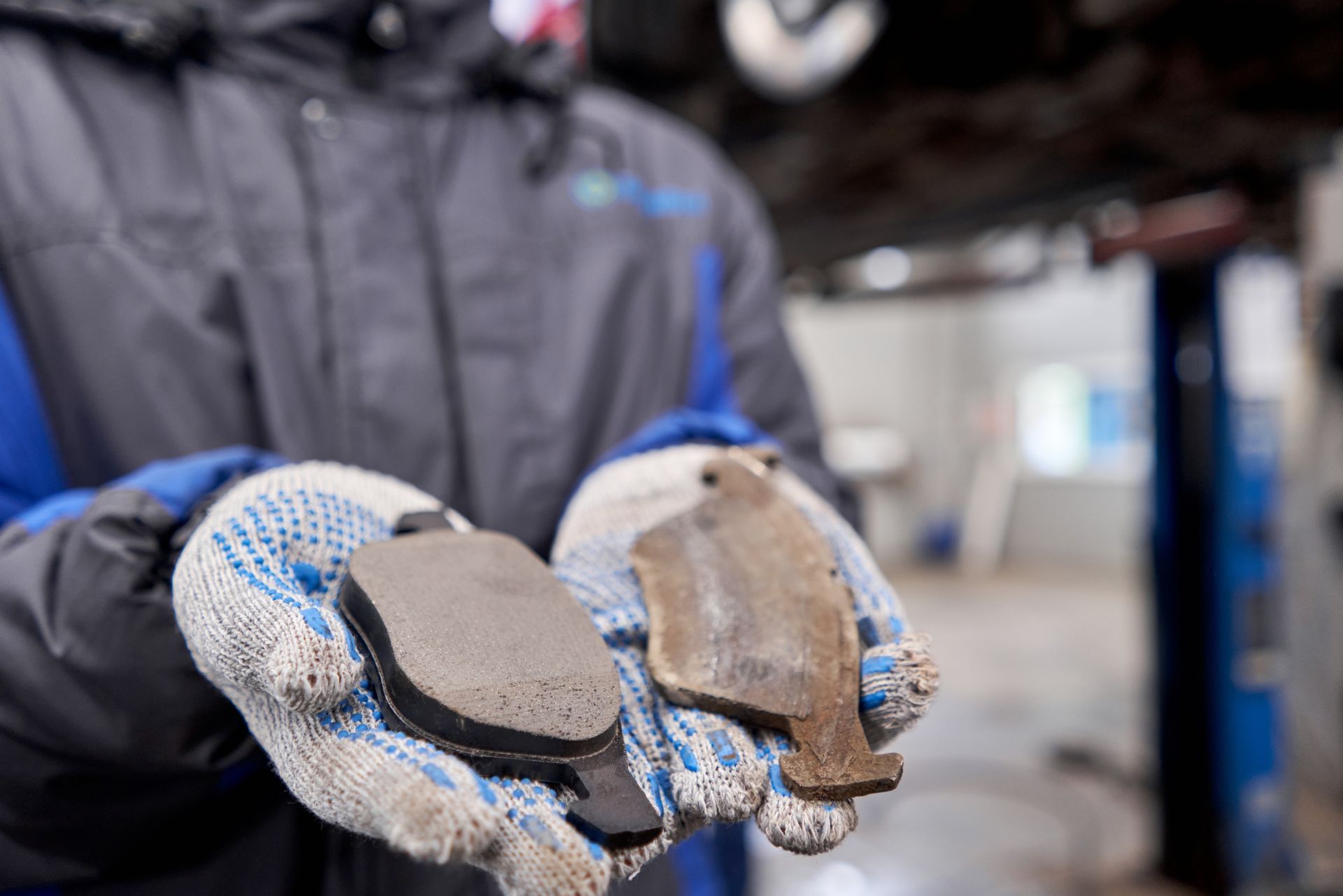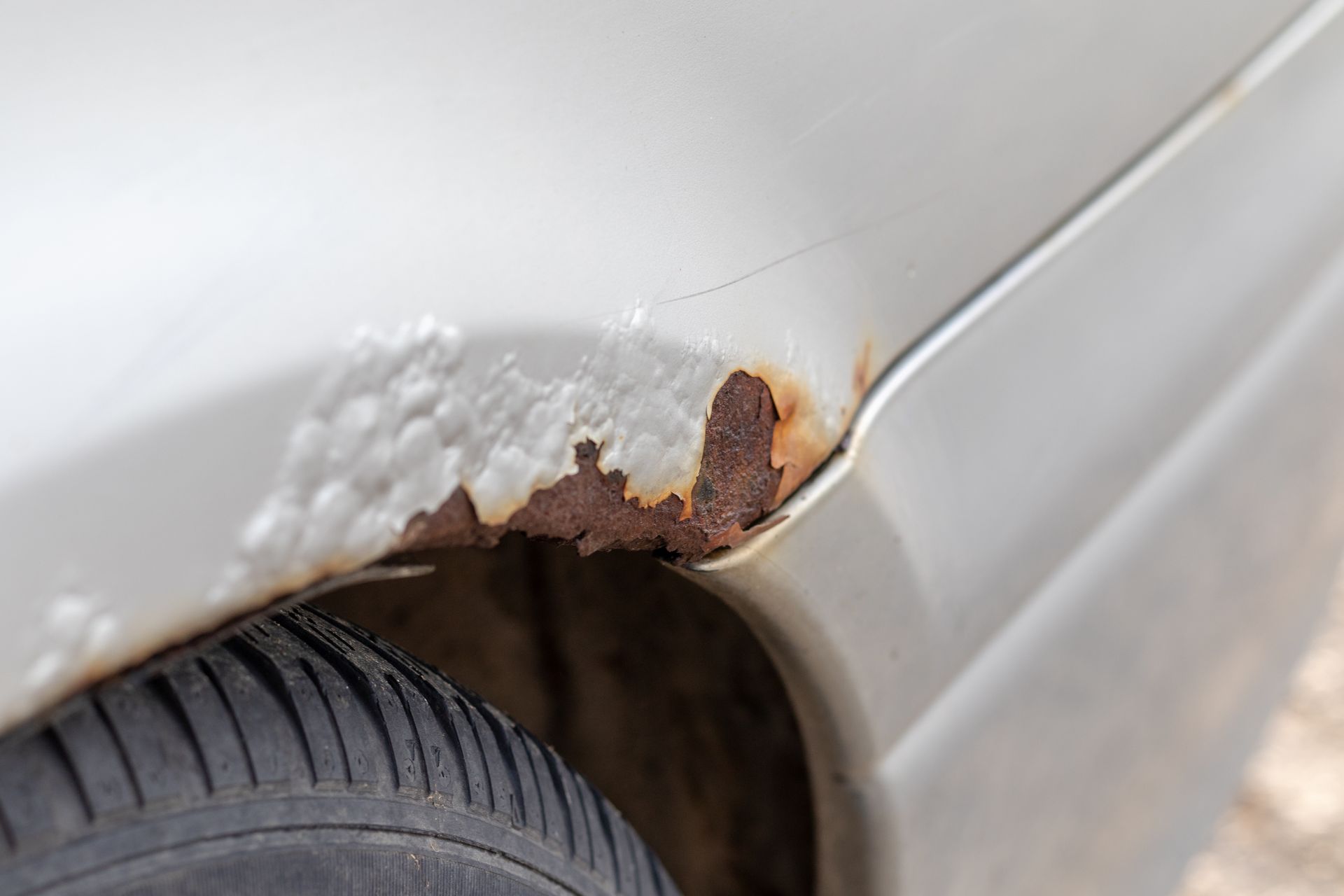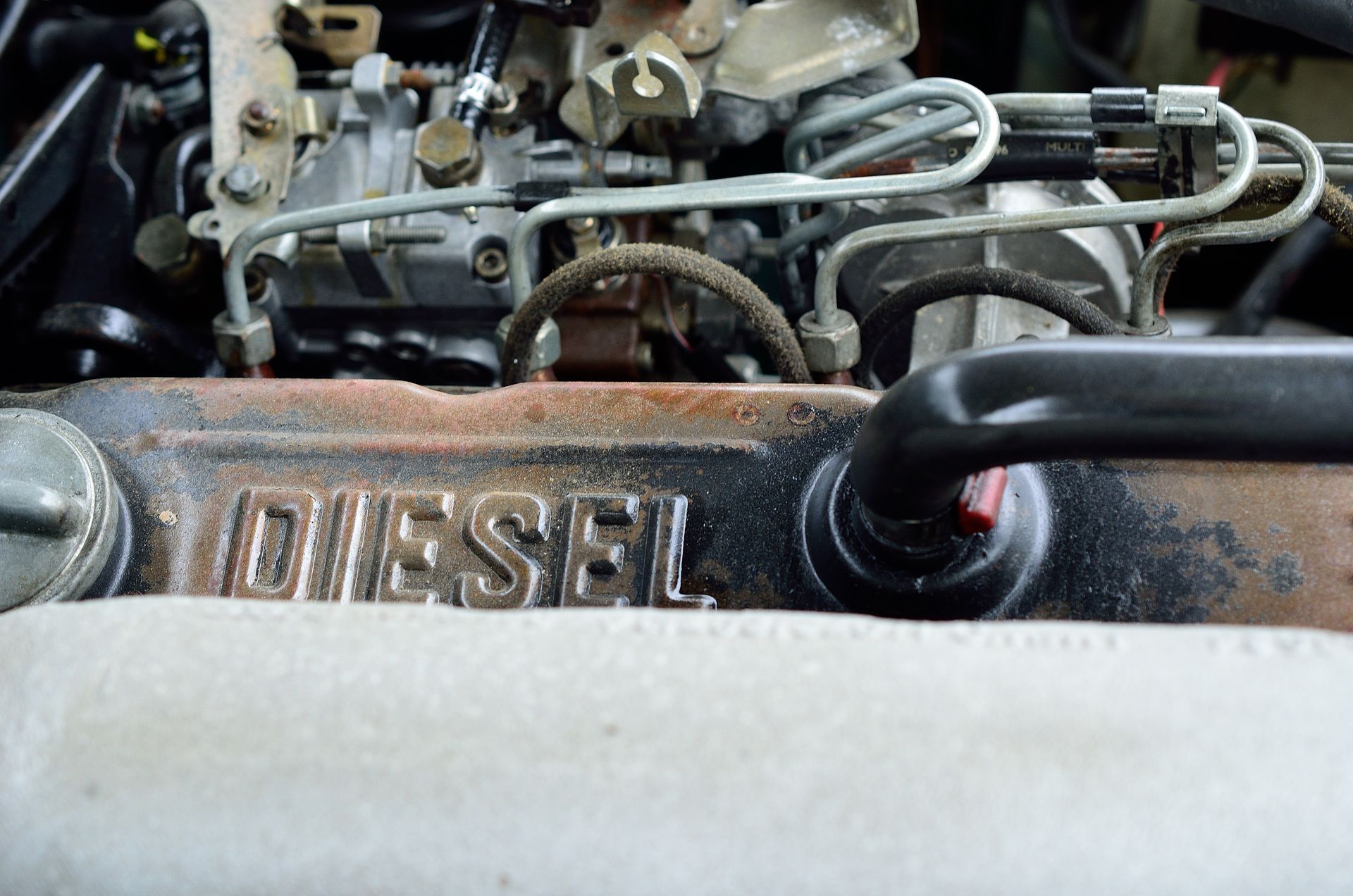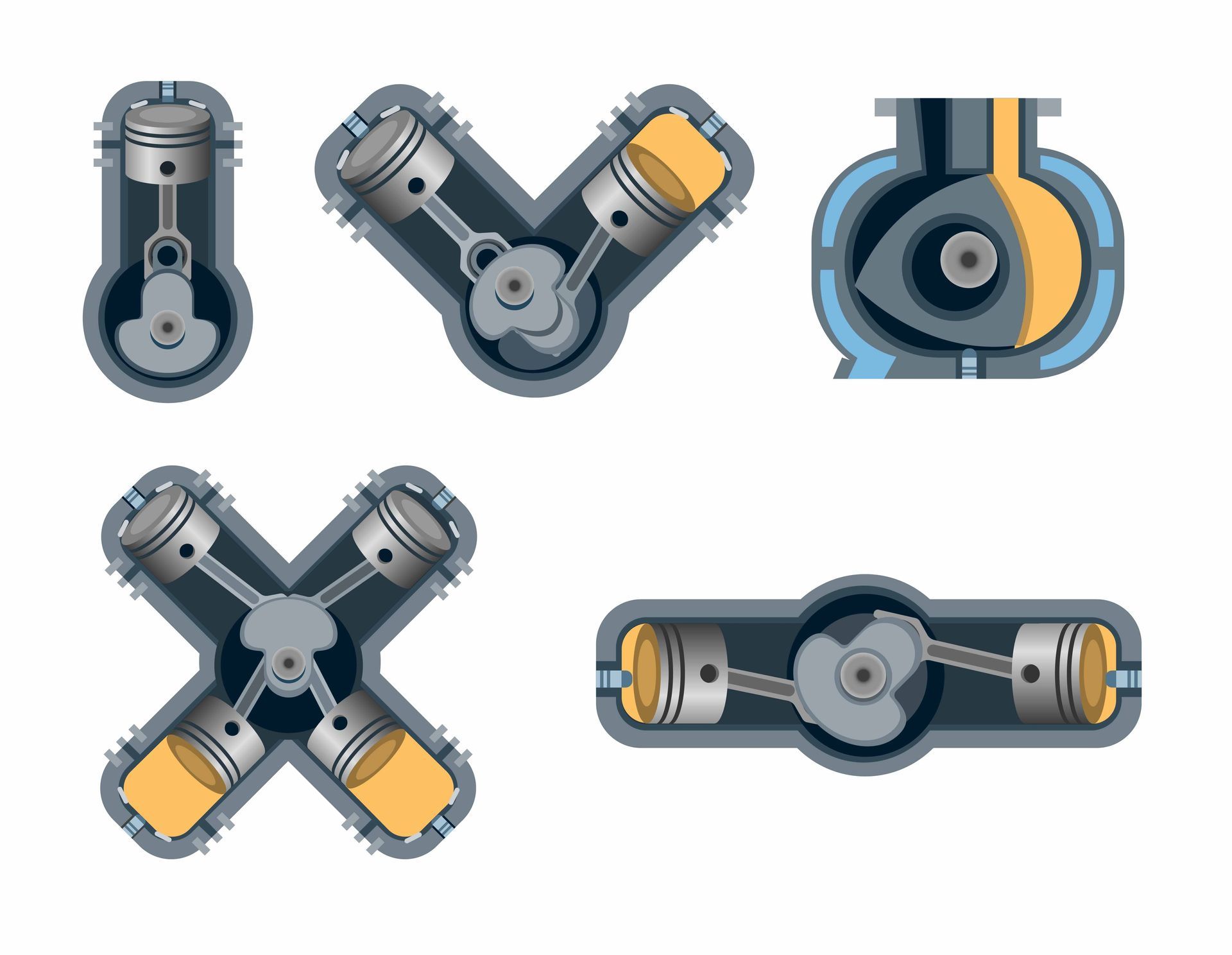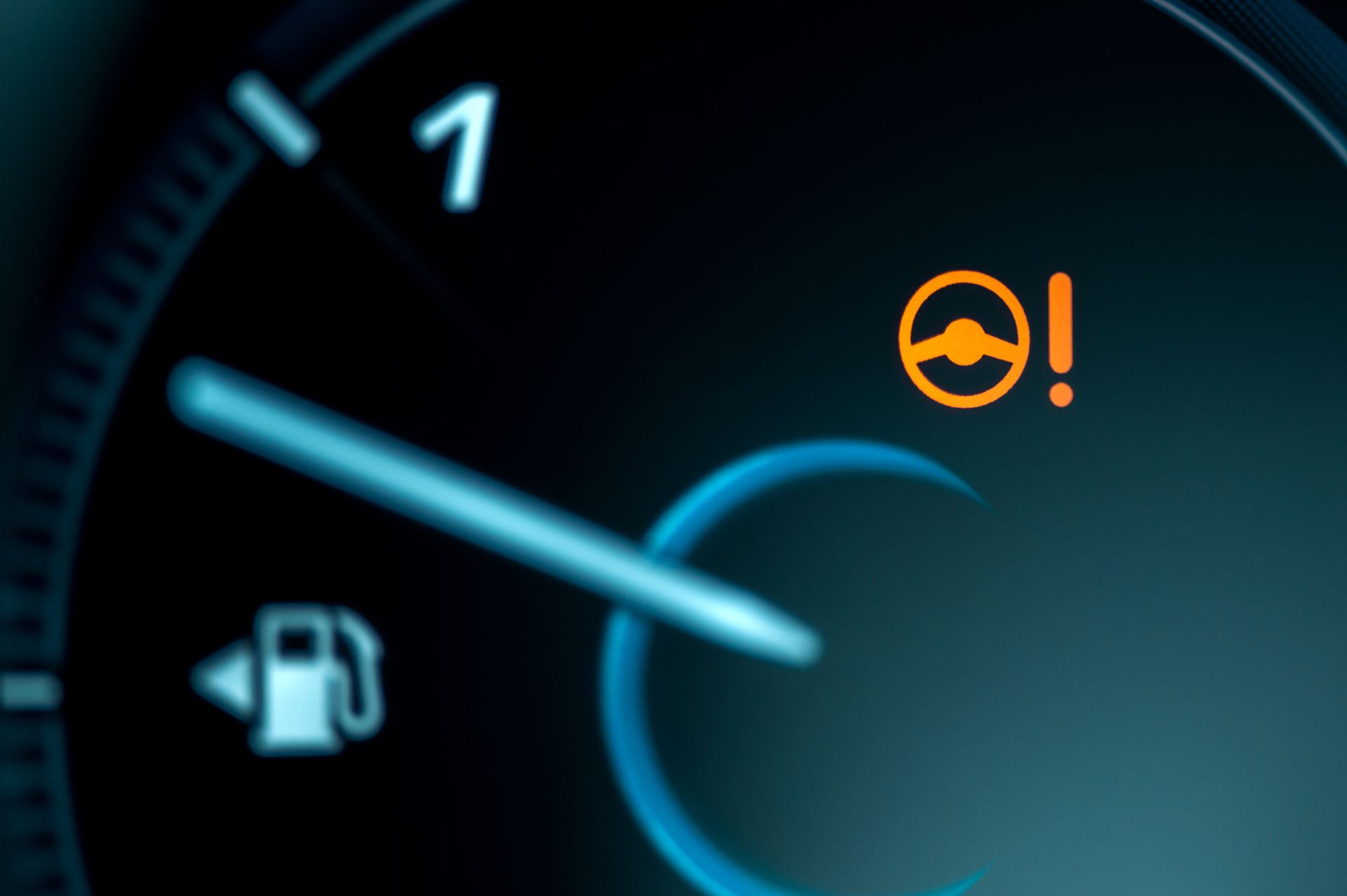After the chaos of a hurricane, life can feel like it’s spinning in a whirlwind. One thing that may not be at the top of your list but should be is getting your car inspected. While hurricanes bring floods, debris, and powerful winds, the damage they can cause to vehicles is often overlooked. Whether you had to drive through flooded roads or leave your car exposed to the elements, the need for a post-hurricane car inspection is critical. So why is this so important?
Hidden Flood Damage Can Ruin Your Car
One of the biggest risks hurricanes pose to your car is flood damage. Even if the water didn’t completely submerge your vehicle, driving through or parking in flood-prone areas can significantly impact you. Water can seep into essential components of your car, including the engine, transmission, and electrical systems. These aren’t always visible issues but can lead to costly repairs if not caught early.
Water exposure can cause corrosion, mold, and even electrical shorts, impairing your car's function over time. Inspecting your car right after a hurricane can help identify these problems before they escalate. Remember, cars aren’t built to swim, and water can wreak havoc on even the most rugged vehicles.
Saltwater and Its Corrosive Effects
If you’re in a coastal area, hurricanes often bring particularly harmful saltwater floods. Saltwater accelerates rust and corrosion much faster than freshwater. Even after the floodwaters recede, traces of salt can remain on your vehicle’s undercarriage and metal parts, slowly eating away at them.
An immediate post-hurricane inspection allows you to catch this before significant damage occurs. A professional can check the undercarriage and clean off any residual salt, protecting your car from long-term corrosion.
Tires and Brakes Need Special Attention
It’s not just water that can cause problems—debris left behind by a hurricane can also damage your tires and brakes. From nails and broken glass to large chunks of debris scattered across the road, your car’s tires are especially vulnerable after a storm. If left unchecked, driving over this material can lead to punctures, slow leaks, or even blowouts.
Moreover, waterlogged roads can put extra strain on your brake system. The brake pads and rotors could have been exposed to excessive moisture, which can lead to rusting or reduced performance. A thorough brake inspection ensures your car is still safe to drive after enduring harsh conditions.
Electrical Systems Are Sensitive to Water
Another area to consider is your vehicle’s electrical systems. Water and electricity are not a great match, and if moisture gets into the wiring or connections, it can lead to short circuits or complete system failures. Electrical systems are highly sensitive to water exposure, whether it’s your headlights, dashboard controls, or even the onboard computer.
An experienced technician can test your vehicle’s electrical system to ensure there’s no water intrusion and everything is functioning properly. Catching potential issues early can save you from being stranded with a malfunctioning car later on.
Can You Trust Your Car to Be Reliable Post-Hurricane
After a hurricane, you might be tempted to just clean your car and go about your business. However, skipping a post-hurricane inspection can lead to unexpected breakdowns or safety risks that you could easily prevent. Your car may seem fine initially, but hidden damage often emerges weeks or months later. From compromised brakes to electrical malfunctions, these issues can leave you stranded or face expensive repairs.
Inspecting your vehicle after a hurricane isn’t just about fixing visible damage; it’s about ensuring your car is safe, reliable, and ready to return. Don't gamble on your vehicle’s performance and safety—act early to prevent small issues from becoming major problems.
Get Your Car Inspected Today! After a hurricane, your car might hide damage you can’t see. Visit
Auto ER for a thorough post-hurricane inspection to ensure your vehicle is safe and reliable. Don’t wait—schedule your appointment now!


